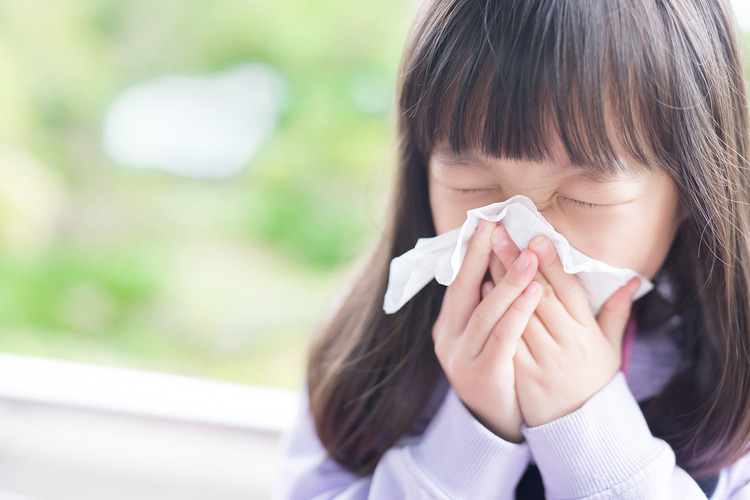
Respiratory Syncytial Virus (RSV) has been recognized for decades as a prominent cause of respiratory infections, especially in infants and the elderly. However, as the world navigates its way through the health challenges of 2023, understanding RSV and its implications has never been more critical. This article provides a comprehensive overview of RSV, its recent developments, and the preventive measures one can take.
What is RSV?
RSV, or Respiratory Syncytial Virus, is a virus that primarily affects the respiratory tract. It is one of the most common causes of bronchiolitis and pneumonia in children under the age of one. While most RSV infections are mild and can be managed at home, in high-risk groups such as premature infants, elderly individuals, or those with compromised immune systems, the virus can lead to severe complications requiring hospitalization.
Recent Developments in RSV
In recent years, and particularly by 2023, there has been increased attention on RSV, both in terms of understanding its behavior and in developing strategies to combat it.
Increased Surveillance: The global health community has ramped up surveillance systems to monitor RSV outbreaks, especially in regions where healthcare systems might be vulnerable.
Vaccination: Until recently, there was no approved vaccine for RSV. However, the push for vaccine development has gained momentum, with several candidates in clinical trials as of 2023. This could be a game-changer in reducing the annual hospitalizations and deaths attributed to RSV.
Treatment Advances: There have been advancements in treatments targeting RSV, including antiviral medications and improved supportive care strategies. These ensure quicker recovery and reduced complications.
Symptoms and Diagnosis
Common symptoms of RSV include:
- Runny nose
- Coughing
- Fever
- Wheezing
- Shortness of breath
It is crucial to differentiate RSV from other respiratory illnesses, as the treatment approaches can differ. Doctors usually diagnose RSV based on the presentation of symptoms, but confirmatory tests such as nasal swabs can be conducted if necessary.

Prevention: Protecting Yourself and Others
As with many respiratory illnesses, some fundamental steps can help prevent the spread of RSV:
Good Hygiene Practices: Regularly washing hands with soap and water or using hand sanitizers can curb the transmission of the virus.
Limit Contact: If you or someone in your household is infected, limit contact with high-risk individuals like infants or the elderly.
Stay Informed: With the evolving landscape of RSV, staying informed about the latest outbreaks, vaccine availability, and treatment options is essential.
Vaccination: If and when an RSV vaccine becomes widely available, getting vaccinated will be the best defense against the virus.
What’s the Best Strategy?
RSV continues to be a significant concern in 2023, especially for vulnerable groups. The recent developments and heightened attention to this virus are promising and may pave the way for a future where RSV can be effectively managed or even eradicated. In the meantime, understanding RSV, being vigilant about symptoms, and practicing preventive measures remain our best strategies against this persistent adversary.
